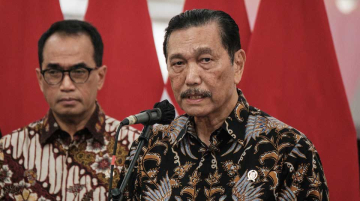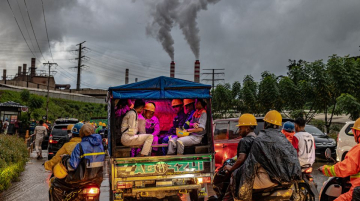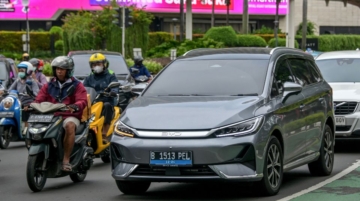
This report serves as a companion piece to CGSP’s Nickel Tracking Map. While the map provides detailed, up-to-date data on Indonesia’s nickel industry, this report offers the broader context needed to understand that data. It traces the evolution of the industry, examines China’s involvement, and analyzes the impacts of Indonesia’s nickel policies over the past two decades. Together, the map and the report form a comprehensive resource for anyone seeking to grasp the complexities and implications of nickel production in Indonesia.

Indonesia, the world’s largest nickel ore supplier, is crucial in the global nickel market. As countries race to find solutions to phase out fossil fuels and transition to cleaner energy, nickel is increasingly sought after as a crucial component in creating renewable energy technologies, including wind turbines, solar panels, and electric vehicle (EV) batteries.
Indonesia, for its part, seeks to leverage the growing demand for nickel to position itself at the center of the global energy transition movement. Indonesia’s efforts to achieve this by building its downstream nickel industry have attracted significant foreign investment, particularly from China, whose role in Indonesia’s nickel industry is complex, deep-seated, and evolving.
Key Insights:
- Market Shift: Indonesia is striving to transform its nickel industry from a focus on stainless steel production to becoming a key player in the global energy transition, particularly in EV battery manufacturing. However, serious barriers exist to Indonesia’s ability to achieve its end-to-end nickel-to-battery industry aspirations.
- Foreign Investment: China’s significant investments have helped Indonesia develop its nickel processing industry, resulting in China’s outsized influence over the sector. Although China’s investment in Indonesia was largely at Indonesia’s urging, China’s entrenched role in Indonesia’s nickel sector has created a complicated domestic and geopolitical environment for Indonesia, particularly against the backdrop of intensifying U.S.-China rivalry.
- Social/Environmental Impacts: The rapid development of the nickel industry has led to
widespread ecological damage, corruption, and conflicts with local communities. As the
ecological and social impacts of critical resource mining gain worldwide attention, it is essential to understand the drivers behind these harms. This includes not only the international stakeholders involved in Indonesia’s mining sector but also the role of Indonesian government actors, businesses, and political elites.









